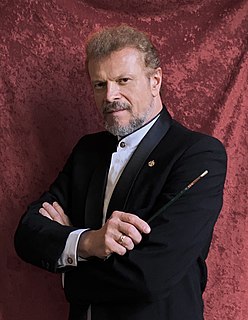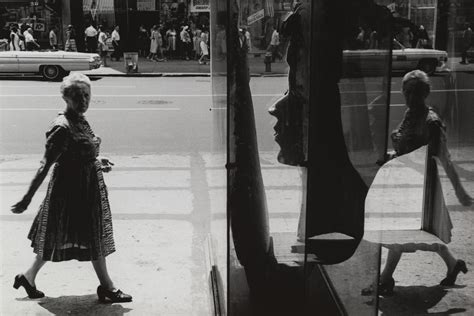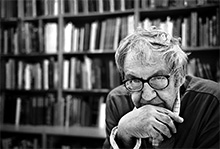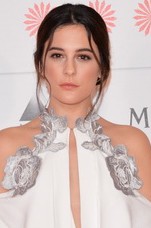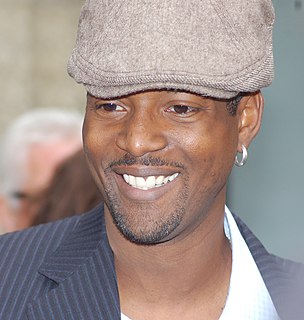A Quote by Igor Babailov
Painting requires skill. Photography is created by the camera, and one cannot fully control what the camera sees. So people take many photographs because several must always be discarded.
Related Quotes
During my performances, I don't like folks to take pictures because I feel that we live in a very photographic time. Photography was invented over 100 years ago, and now it's at its peak because everyone has a camera. The fact that they are taking experiences and filtering them through a mechanical lens I find amazing, but also disheartening. Amazing when you have photographs that start revolutions. Disheartening when you have people making photographs but not living.
With photography, everything is in the eye and these days I feel young photographers are missing the point a bit. People always ask about cameras but it doesn't matter what camera you have. You can have the most modern camera in the world but if you don't have an eye, the camera is worthless. Young people know more about modern cameras and lighting than I do. When I started out in photography I didn't own an exposure meter - I couldn't , they didn't exist! I had to guess.
Once a photographer is convinced that the camera can lie and that, strictly speaking, the vast majority of photographs are camera lies, inasmuch as they tell only part of a story or tell it in distorted form, half the battle is won. Once he has conceded that photography is not a naturalistic medium of rendition and that striving for naturalism in a photograph is futile, he can turn his attention to using a camera to make more effective pictures.
The camera course was a bit crap. But when I was in drama school, I wasn't interested. I wanted to be a stage actress. I was not interested in learning camera craft. But then you throw yourself in the deep end when you do get a job in front of the camera because you have absolutely no idea what you're doing, and it is a skill.
